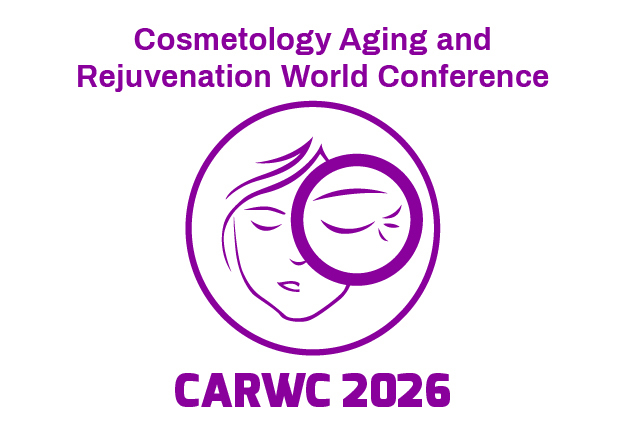Scientific Sessions
Cosmetic Science
Cosmetic science lies at the intersection of biology, chemistry, and cutting-edge technology, driving innovation in beauty and personal care products. This session at the COSMETOLOGY AGING AND REJUVENATION WORLD CONFERENCE (CARWC) 2026 delves into the advancements that shape modern cosmetology, exploring the science behind formulations and their applications in maintaining and enhancing skin health.
Key topics include the role of active ingredients like peptides, antioxidants, and botanical extracts in combating environmental stressors and aging and the integration of nanotechnology for targeted delivery systems. Discussions will also focus on the latest biocompatible and sustainable formulation breakthroughs, emphasizing the move toward eco-friendly and ethical beauty.
The session aligns with the conference's mission to address challenges posed by modern lifestyles and environmental hazards, such as premature aging, skin inflammation, and pollution-induced damage. By combining insights from cosmetic chemistry, dermatology, and biotechnology, this session aims to highlight the future of personalized skincare, the role of AI in product innovation, and the increasing importance of microbiome science in cosmetic formulations.
Join leading researchers, dermatologists, and industry pioneers to explore how cosmetic science is revolutionizing the field, fostering a new era of holistic skin health and rejuvenation.

